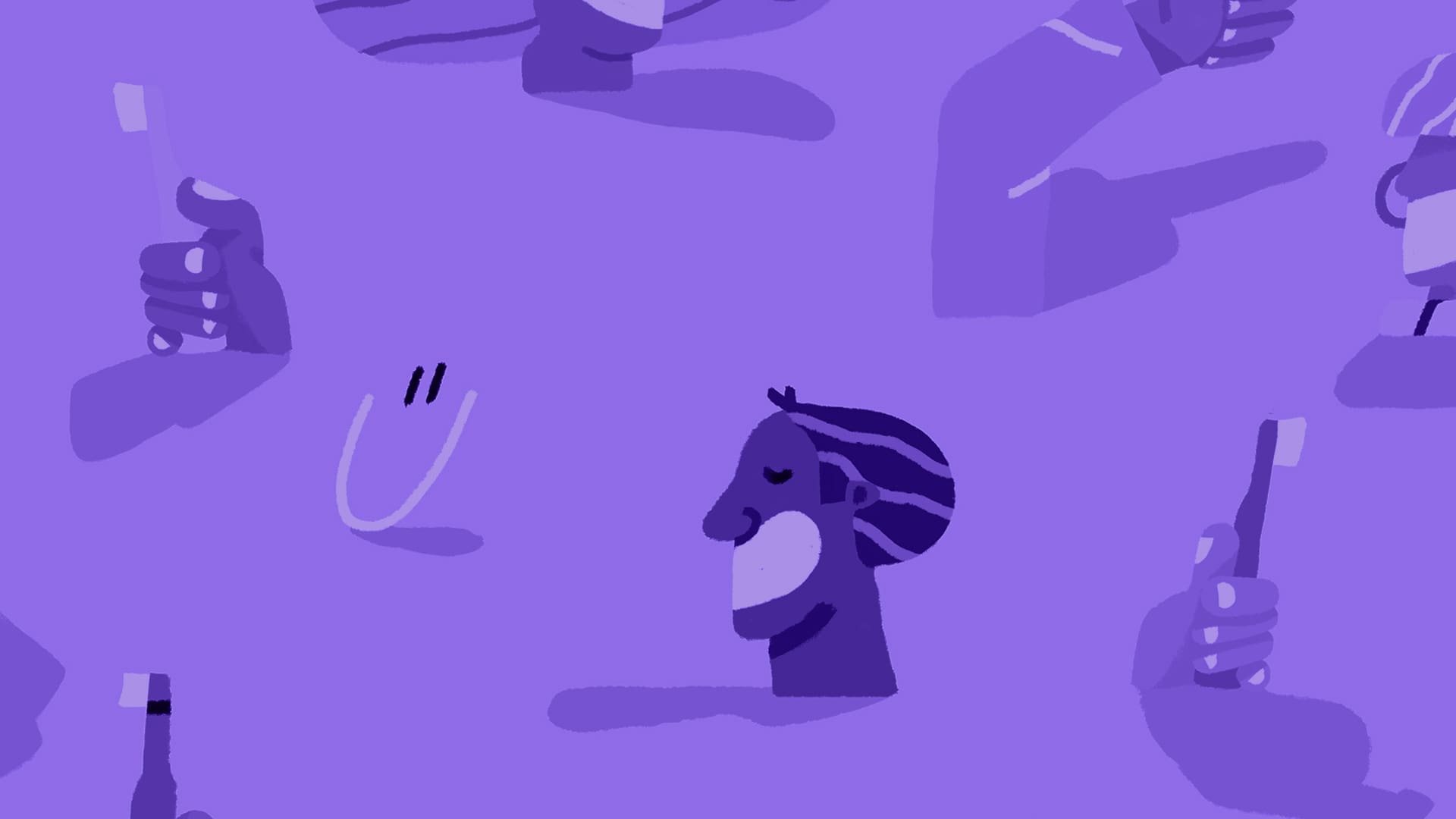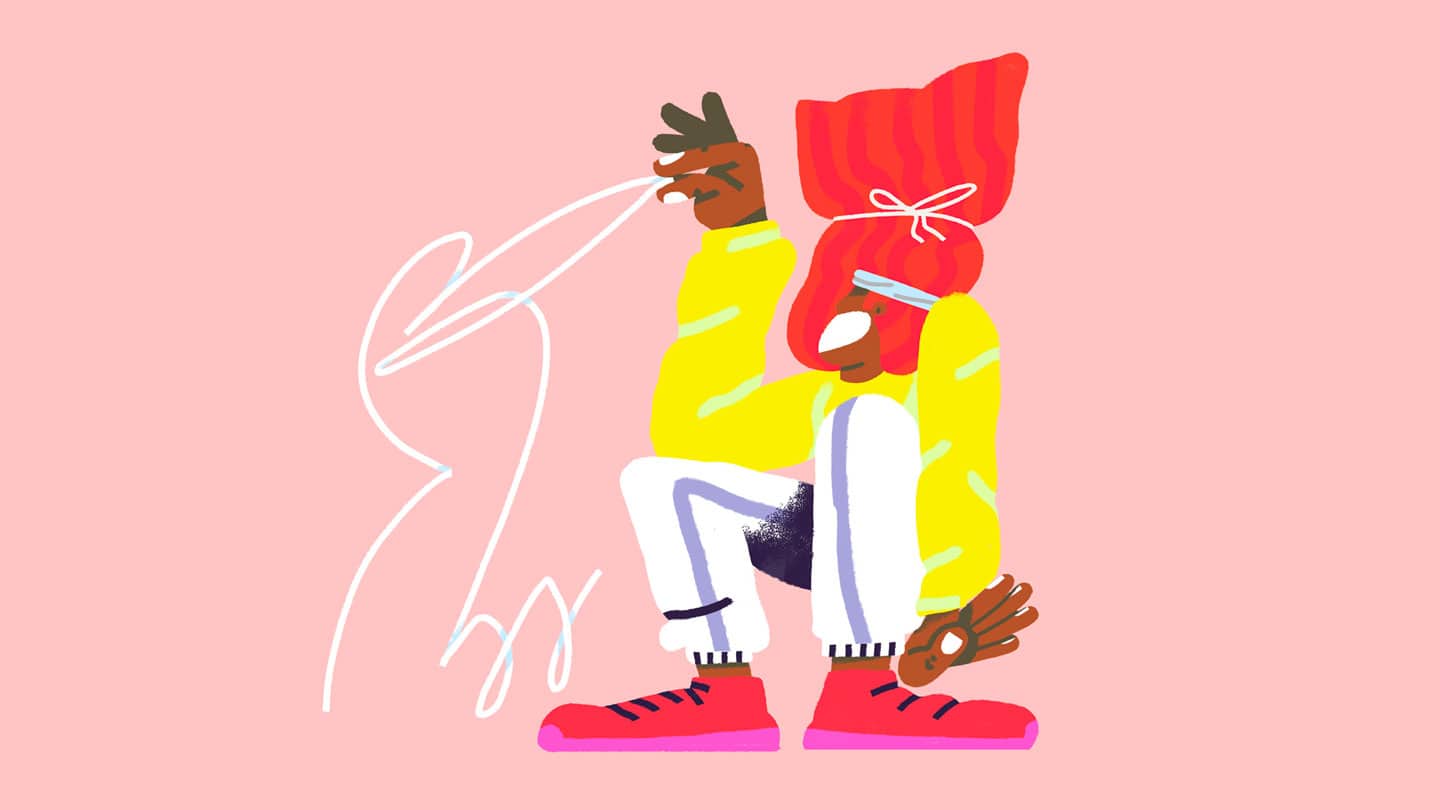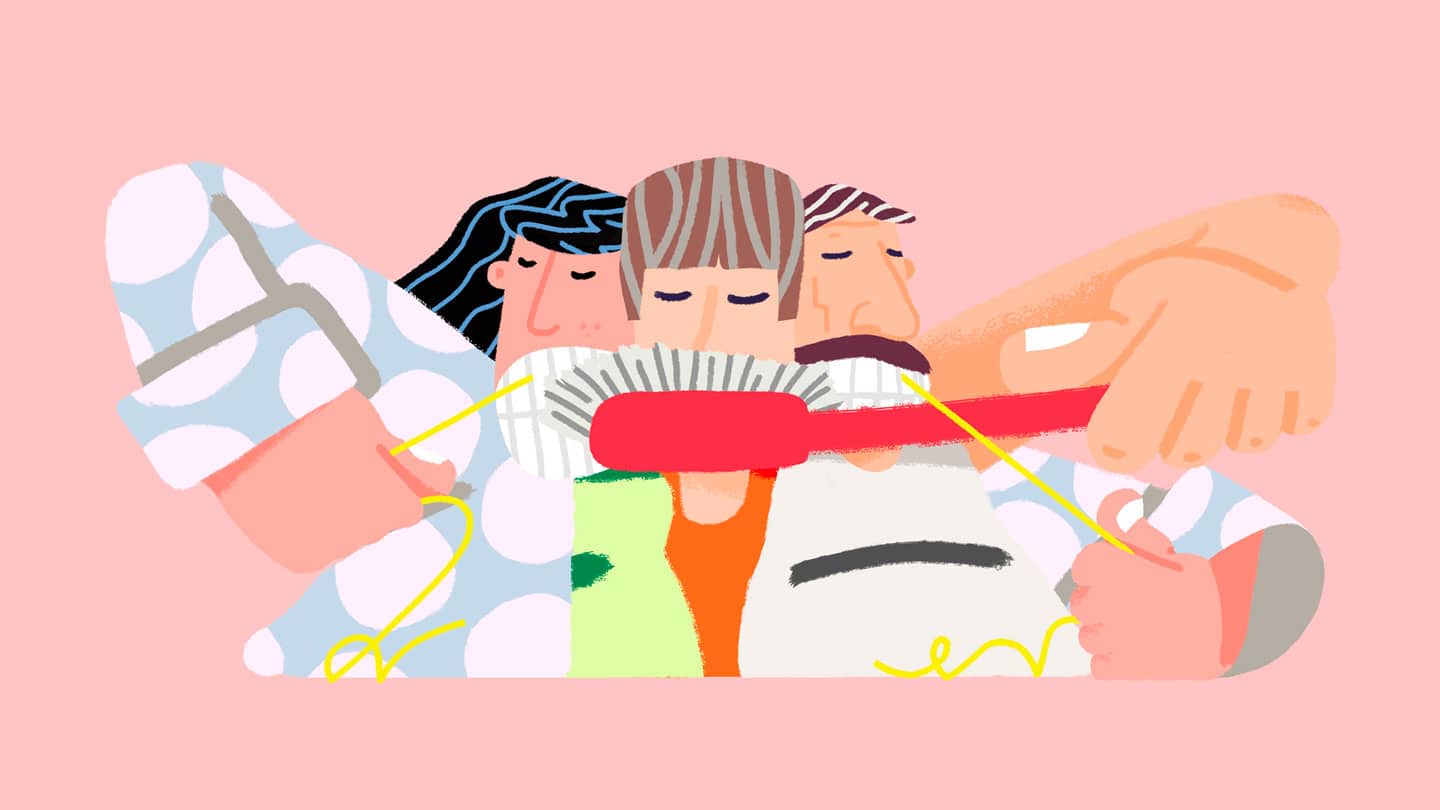Mouth sores are common but painful. About 20% of people will experience at least one mouth sore. While they can be a pain to deal with, they aren’t a serious medical issue and generally resolve themselves in 2 to 6 weeks, depending on how big they are. And although they are uncomfortable, they are benign and they aren’t contagious. What are mouth sores? Are there treatments available? How can you help them heal faster? Are mouth sores on your tongue or palate normal? Take a closer look at mouth sores with this article from CDH.
The inside skinny on mouth sores
- A mouth sore is a superficial wound inside your mouth. Mouth sores can be pretty painful, but they’re not contagious. They heal on their own.
- Depending on how big they are, they heal in about 2 to 6 weeks.
- Mouth sores have a wide range of causes, including minor injuries like biting the inside of your cheek, stress, an unhealthy diet, and certain medications.
- There’s no need to grin and bear it – you can take medication or use natural remedies for pain relief.
- The best way to prevent mouth sores is to take good care of your teeth and mouth, avoid biting yourself, maintain a healthy lifestyle, and limit your alcohol intake.
Definition of a mouth sore
Mouth sores are superficial wounds on the mucous membranes in your mouth. They can occur:
- inside your lips,
- inside your cheeks,
- on your tongue,
- on your palate.
They aren’t dangerous, but they can be a painful nuisance. The Clinique Hygiène Dentaire team put together a few tips on dealing with a problem that affects about 1 in 5 people at least once.
What do mouth sores look like?
Mouth sores are round or oval, with clearly defined edges. They can be whitish, grayish, or yellow.
Mouth sores come in all sizes. The smallest are less than 1 cm across and heal in about 2 weeks. The biggest can be wider than 1 cm and take a month-and-a-half to heal.
What causes mouth sores?
We don’t know exactly what causes them, but we do know they aren’t contagious. Some researchers believe they are at least partly genetic, and can be caused or worsened by:
- Tiny injuries inside your mouth,
- Fatigue,
- Stress and anxiety,
- Acidic food and drinks,
- Food allergies,
- Malnutrition (vitamin and mineral deficiencies),
- Certain medications,
- Quitting smoking,
- Hormonal changes,
- Bad habits like nail biting.
Treatments, remedies, and pain relief for mouth sores
There are several options for pain relief while you wait for your mouth sore to heal. You can try medication:
- Anti-inflammatory disinfectant gels,
- Numbing gels, creams, and liquids,
- Therapeutic mouthwash,
- Aspirin or acetaminophen can relieve the pain,
- Make sure you don’t have any vitamin deficiencies,
- If you have severe recurring mouth sores, you may be prescribed a cortisone treatment.
You can also try natural remedies:
- Gargle with salt water,
- Rinse your mouth with 1 tsp of baking soda and 1 tsp of salt mixed with 120 ml of water 4 times daily,
- Apply 1 drop of essential oil of bay laurel diluted in vegetable oil to the sore with a cotton swab or clean hands,
- Apply honey – thyme honey if you can find it – for its antiseptic and antibacterial properties,
- Melt an ice cube on the sore.
There are also a few products and habits that can make mouth sores worse, so it’s important to:
- Avoid alcohol-based mouthwash,
- Limit your consumption of spicy, acidic, and hard foods.
How can you prevent mouth sores?
- Use a soft-bristled toothbrush and non-abrasive toothpaste,
- Avoid biting the inside of your mouth,
- Get plenty of sleep,
- Limit your alcohol intake,
- Slow down and chew your food thoroughly.
You can decrease the risk of mouth sores by maintaining a healthy lifestyle and taking good care of your mouth, including regular dental cleanings and check-ups.



